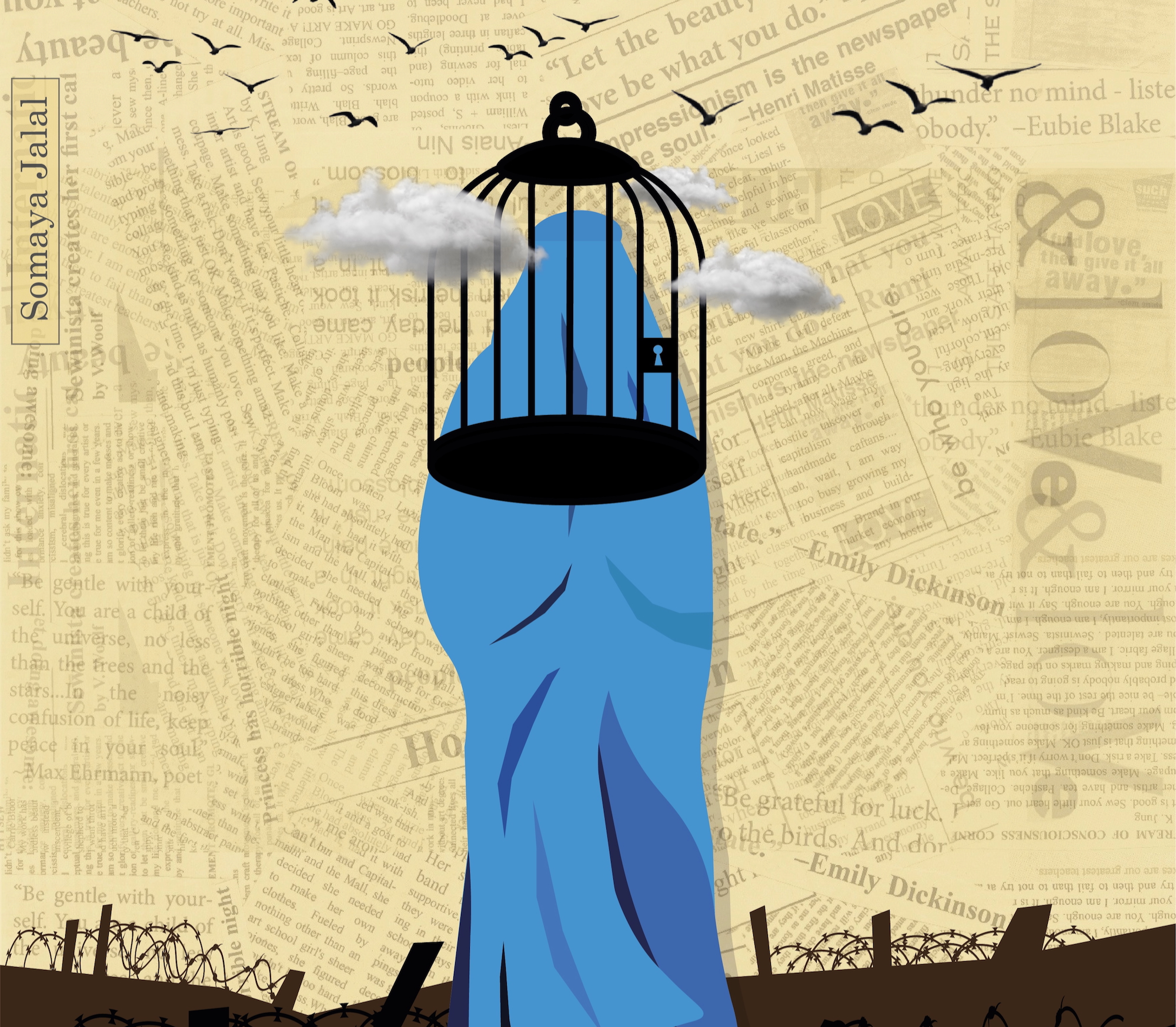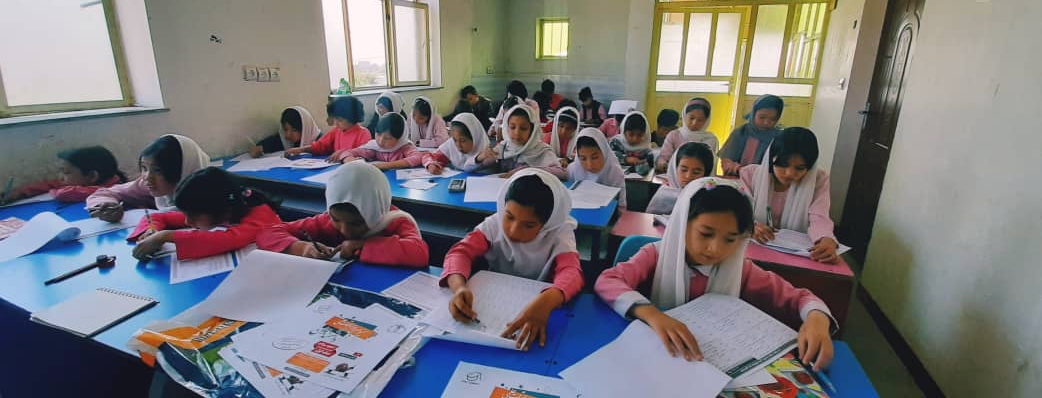AFSO Voices
TESTIMONY:
AFSO Voices in the Report of the Special Rapporteur
Dear Friends,
We're delighted to bring you this first issue of a reimagined AFSO Newsletter: AFSO Voices. This month, Richard Bennett, the United Nations Special Rapporteur on Afghanistan, gave his report on Justice and the Protection of Women. He acknowledged having received almost 200 submissions of testimony answering detailed questions about forms of justice and injustice in Afghanistan, particularly in regard to women, including eyewitness reports and personal evidence. 130 of those submissions, of which 4 were cited at length in the report, came from AFSO students.
"I am increasingly alarmed by any framing of Afghanistan as a kind of 'lost cause,' where nothing can be done to change the situation. This is not the case, as the people of Afghanistan are showing daily . . . . It is they who will build a more inclusive, equal, and stable country." -- UNSR Richard Bennett
Here, we share with you a small sampling of our students' testimony in response to two questions: "What do justice and protection for women mean in Afghanistan?" and "What are the barriers to justice and protection you have encountered?"
With our help, these young women will, indeed, be the ones to restore Afghanistan. We think you will agree that they are eloquent not only in their descriptions of the conditions under which they live, but also in their call for help and a joint effort to give them, and their country, a future. We're listening to them and hope you will, too.
Since the return of the Taliban, I no longer feel alive. I feel like a ghost trapped in a cage, merely breathing, but not truly living. Every morning, I watch my four brothers go to university or work, while I sit behind a window, heartbroken. I am the only daughter in my family. I see girls in other countries, once less educated than I, now graduating from university, finding jobs, and achieving their dreams, while I remain stuck at the beginning, confined by my location and gender.
All my hard work and talents now feel wasted. My family encourages me to get married, claiming that all the time I spent learning was useless.
At times, I feel as though I am falling into a deep black hole with no way out. . . . I cannot talk to anyone because no one understands or takes it seriously. The pain is so overwhelming that even breathing hurts.
We, the girls of Afghanistan, are not living; we are surviving, as if we are dead inside. We are like birds with broken wings, trying to fly but always falling. We are not just denied education and justice—we are denied our right to exist fully.
As of the moment I am writing this report, it has been fifty-one days since I last left home.
In Afghanistan, especially under the current regime, justice is often synonymous with punishment without a legal process, and protection is a privilege reserved only for those with access to power, who are mostly men. For women and girls, justice and protection do not exist. True justice means being able to speak up, seek help, and trust the system. True protection means that when you leave the house, you do not live in fear.
In my family, my sister and cousin both entered the sixth grade in the academic year 1404 in the Afghan calendar. But because they know that after sixth grade, they will not be allowed to continue their education, they have decided to deliberately fail so that they are forced to repeat the same grade next year. This is the only way they can stay in the school environment, even though they do not progress academically. This decision, made by two 11-year-old girls, is the result of a cruel system that has left them with no future in education. They do not want to be deprived of the only public space where they feel human. This is the reality of the lives of thousands of girls in Afghanistan today, not for progress, but for survival.
In high school, we were a group of 37 students in the gifted class. All of us were talented and had big dreams. But now, three years and seven months have passed, and it is worth mentioning that out of those 37 students, only one remains on her path—me.
This crisis is not just about the lack of education or justice. It is the quiet, gradual collapse of the lives of thousands of girls whose voices are not heard. I am tired of silence, and this is an opportunity for my voice to be heard.
This summer, even as USAID funding cuts cause damage and heartbreak everywhere, including among our students and partners, we are offering more education than ever: 38 classes in everything from Business Fundamentals to Environmental Systems in Architecture, including a robust array in academic English. The bridge we have built leads to new lands: English-speaking degree granting institutions in the U.K., Europe, the Middle East, and South Asia.
Please watch your email for advance notice of our two-year celebration, "Unafraid: Crossing the Bridge with AFSO Women," featuring Richard Bennett, in September. Meanwhile, thanks for reading, and for all you do to keep hope alive.
Enjoying our newsletter? Be sure to subscribe to receive it directly to your In box.
Member spotlight: Afghan Female Student Outreach

